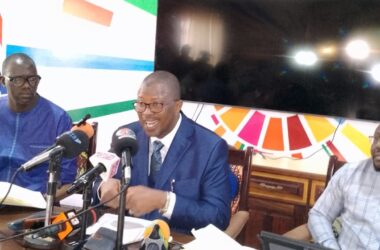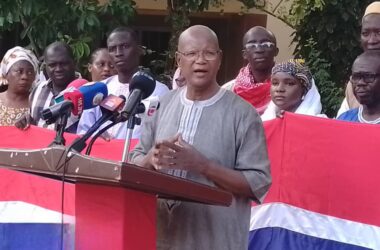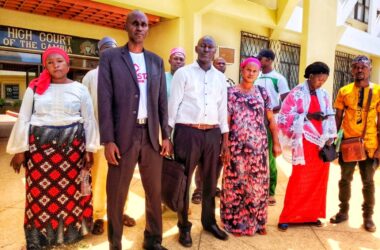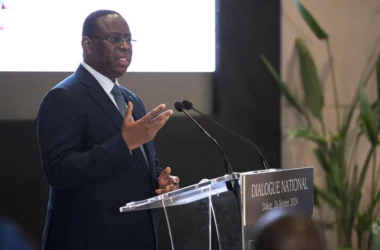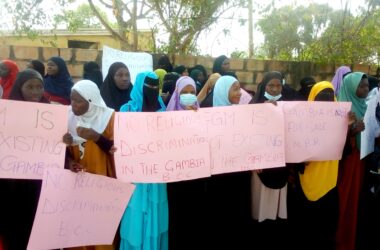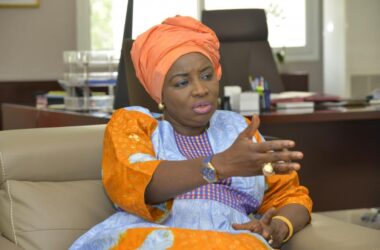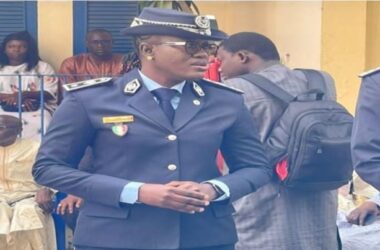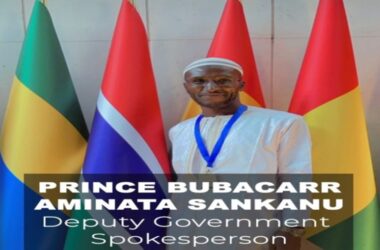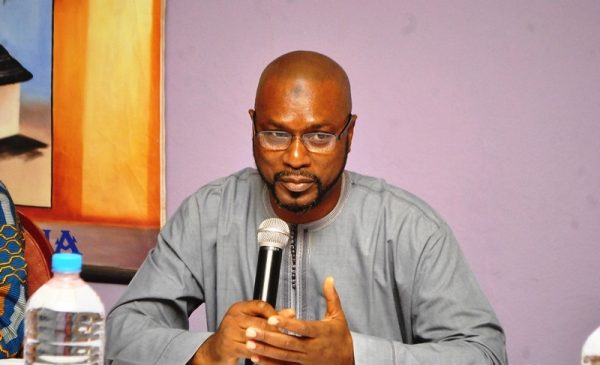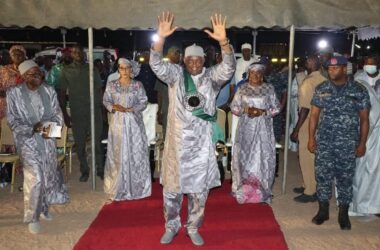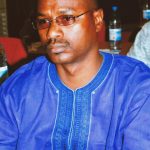
Thank you very much, Koto Demba. You have made an analysis of the situation but I prefer to leave the political experts to critic, agree or disagree with you on the political aspect of it.
I will focus on the non-Gambian issue. I have a plethora of questions but will limit myself to the following:
– Where is the evidence of non-Gambians being registered? (you did not assume here, you were very assertive, which makes me believe you have irrefutable evidence non-Gambians were registered)
– Who are these non-Gambians? Senegalese? Guineans? Malians? Mauritanians? Lebanese? Ghanaians? Nigerians?
Why has no one challenged this when it seemed evident, as per your article? Is it that the other political parties were not aware of the evidence you source your information from and could only be jolted to reality after the results were announced?
There are many questions here, really and I am sure, you did confirm we have excellent legal luminaries in the opposition parties (UDP and Essa Fall) to be able to detect such anomalies on time and make their cases.
This brings me to a personal opinion and experience on the question of non-Gambians, which I believe played a tipping balance in the votes.
In the last two weeks I was in the provinces (URR and NBR) and had the privilege to chat with some of the residents (most of whom are Fulas and have never been to school). What they all seem to agree with was this: they were supporters of Mama Kandeh in the 2016 elections because they wanted to vote Yaya Jammeh out. This time, they feared a UDP government would win and they opted to vote for Barrow to make sure he wins over the UDP.
I asked them why and they responded that they have observed the aggressive nature of some of their mandinka neighbours and the level of hostility against them, the fulas, made them afraid. They have had their fair share of hostilities during the Jawara era when they were constantly arrested for ‘Aliens’ cards or ‘Alliance’ and tortured indiscriminately without cause and sometimes their wealth taken. They are afraid to go through the same so they did everything to make sure their families vote for Barrow.
Now, from the above we derive the following:
– These elections were drawn on tribal lines. We cannot deny that and many agree with this. So it seemed normal that the Fulas believed a mandinka-led government would create difficulties for them.
– Many other tribes might have thought the same, therefore making their choices based on what makes them ‘safe’.
On the issue of Nationality, shouldn’t we ask ourselves who were the non-Gambians?
Ghanaians?
Over the years, many Ghanaians have settled here in The Gambia and have created a community of Ghanaians called Ghana town. Many have been seeking naturalisation because they have found in the Gambia a place they can call home. The same goes for Nigerians, Liberians and Sierra Leonean living in The Gambia for decades now. Are they still non-Gambians?
Mauritanians?
Mauritanians have been with us for more than half a century if not more. Many, however, find it hardly necessary to naturalize as they can easily commute to Mauritania and back. In fact they already have a Mauritanian school here to ensure their children can reconnect when they are sent back. Some have spent all their lives here and have intermarried. I have Gambian friends of mauritanian descent who I grew up with and have made Gambia proud.
Senegalese?
It is very difficult to draw the line between the Gambian and the non-Gambian among our senegalese neighbours because many Gambians have a senegalese family. I know of many Gambians that studied in Senegal and are sometimes considered senegalese as a result because of their accent.
We should remember that in some families, while some children were allowed to study in Gambian schools and became anglophone, others studied in Ecole Senegalese de Banjul (opposite the National library then) and continued their studies in senegal.
I can list many Gambians with such a background, some of whom have opted to stay in Senegal but are Gambians just like senegalese in The Gambia while others have occupied very senior government positions..
Lebanese?
Many over the years have acquired citizenship because they have stayed here and brought up their families here. Many intermarried and have their children playing politics in high places.
Guineans?
If any nationality faced harassment and intimidation among the ones cited, those from Guinea conakry have suffered the most. It is like being a Guinean in The Gambia is the biggest crime of the century. Not only are they constantly harassed but their wealth is sometimes seized from them and the intimidation is never-ending.
I have lived it, I have witnessed it and I have received stories about it. Some of the stories are horrifying. Of all the nationalities mentioned, those whose request for naturalization are easily rejected are the Guineans. If ever they succeed, they must pay huge amounts of money to earn it even when they deserve to earn it having met all the criteria.
On many occasions I helped fill the forms for some and they filed their requests. Follow-ups show that these files are at the office of the President. Other times it is mentioned that the files are at the Ministry of Justice who are mandated to vet and recommend.
Once I asked a senior official handling the files at the Ministry of Justice and he said the following: “You know, we receive a lot of files so we vet them carefully to see those who are not eligible. In fact, we are careful not to increase the population of the country so we set a quota and drop many applications on minor technicalities”.
Unfortunately, none of them really consider that many children of these families have on their birth certificates the expression NGP (Non-Gambian Parents). Children who have never been to the country of origin of their parents. Children who have spent all their lives believing they are a part of this nation, educated here, with friends here and have no connection whatsoever with Guinea Conakry except what their parents narrate to them. If they should ever go to find a passport or an ID card, they are told they are not Gambians and should naturalize. A process where they might never be Gambian because someone considers their addition to the population unwarranted. These are the realities.
I am raising questions and presenting real situations surrounding our Non-Gambian issues. As Gambians we should be able to face these facts. If some Gambians fear that any government will make the lives of non-Gambians miserable or pose a threat to the lives of their families, the mobilisation would be great and some will be willing to take any measure to stop that happening.
Other issues worth noting are: One of the requirements of the IEC to be eligible to get a voter’s card is a letter/attestation from the alkalo. In some instances, alkalos who knew that a certain Lamarana Jallow had lived in their midst for more than three decades would not hesitate to give him a letter/attestation. It is legally wrong. Is it morally right? Does Lamarana now have a say to the future of the country as he is a settler, willing to defend the rights of his descendants? Open to debate…
There is no data to show the number of naturalized Gambians in the last five years. Some did succeed. Maybe knowing who did seek this and who had it would help a lot in our analysis.
I believe we need to conduct more research to determine how many people got their nationality through naturalization, how many asked for it, and how this has an effect on our politics, economy and evolution as a people.
Citizenship will remain a problem unless we solve it. However, I do not agree with Brother D.A. Jawo on his assertion about non-Gambians being registered to vote unless he has irrefutable evidence to prove it. Otherwise, one will only consider that piece as purely an opinion based on his imagination.

